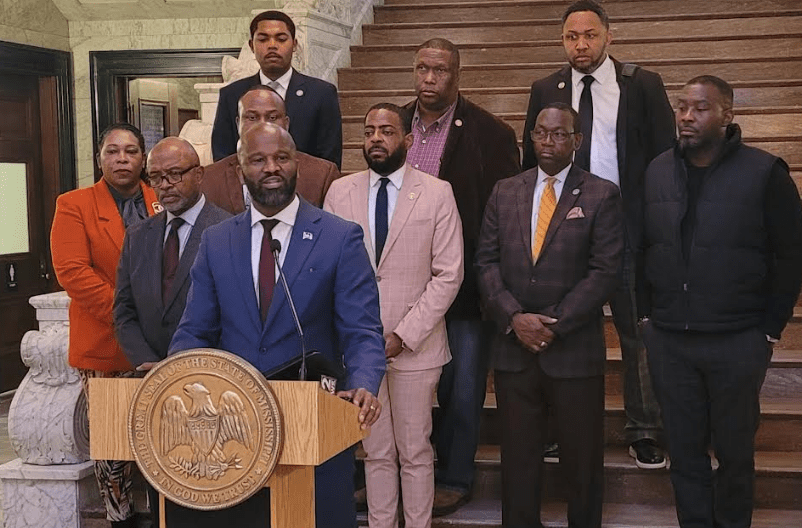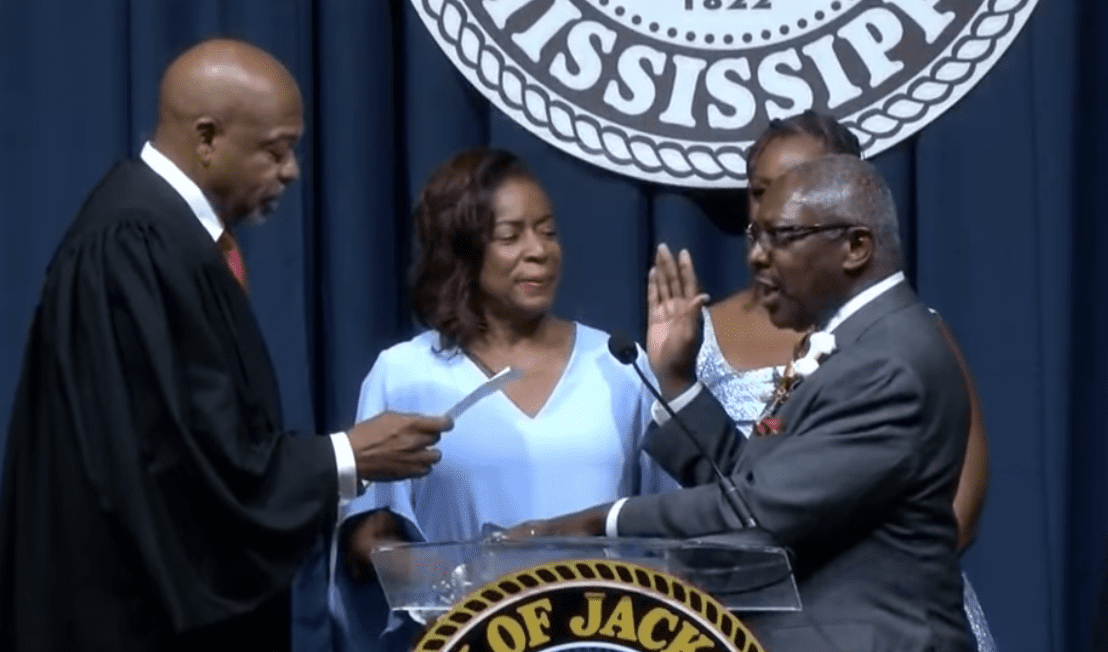Christopher Epps: Blame Obama, not Motorola
The March 29 McClatchy article (“Radio giant Motorola systematically vanquishes competition to dominate statewide mobile radio, broadband”) that ran in the Sun Herald about Motorola and Mississippi is very misleading.
In the wake of Katrina, it was clear to everyone that a survivable, interoperable communications system for federal, state and local first responders and military personnel would be the best way to mitigate risk and protect lives and property.
Gov. Barbour testified to that fact before Congress, with overwhelming agreement, and no one argued to the contrary.
The Stafford Act — the federal disaster assistance law in effect when Katrina hit — provides states with additional funds for future hazard mitigation expenditures. The amount of hazard mitigation grant funding is set by law at 7.5 percent of the total FEMA payments within the state for public, individual and certain other disaster assistance resulting from the disaster.
Mississippi used a portion of that funding along with state bonds and federal appropriations to build the Mississippi Wireless Information Network. MSWIN operates statewide today, and is managed by the Mississippi Wireless Communication Commission, which I served as chairman from 2008-2012, thus far the longest serving.
The article implies Motorola, which won the contract to build the Land Mobile Radio system in a sealed bid competition, somehow cheated or got preferable treatment in winning the competition. Motorola’s bid was $90 million, or almost one-third lower than the next lowest bid. According to state law, Mississippi is required to award competitive bids to the lowest bidder. How could the state have given the contract to anybody else?
The article also implies that Motorola deliberately underbid in order to win and then increased its contract profit by requiring change orders paid for by the customer. That assertion is also grossly misleading. As with any large project, there were various change orders for the LMR system. However, the changes orders were requested by the state, not Motorola, and were outside the scope of the original contract. An $18 million increase to the original contract was necessary to implement parts of the Obama administration’s stimulus package.
Unfortunately, the authors did not bother to get the correct data, understand the timeline or report the facts. In particular, even with the change orders, the final contract value was still nearly $70 million less than the next lowest bid the state received for the LMR system.
Time and again the story implies wrongdoing by distorting the facts. At the beginning, it states that Gov. Barbour announced plans to build a second next generation wireless communications system, as if Gov. Barbour conjured up another project for Motorola to bid on. This project was part of the Obama administration’s stimulus package, in which Mississippi competed for and was chosen by the U.S. Department of Commerce to receive a $70 million BTOP grant to add broadband service/4G LTE capabilities to MSWIN. Not only would this technology improve statewide communications for Mississippi’s first responders, but also rural health care would be improved through programs, such as MED-COM at the University of Mississippi Medical Center, which was part of the grant too.
Sunherald
4/11/14







